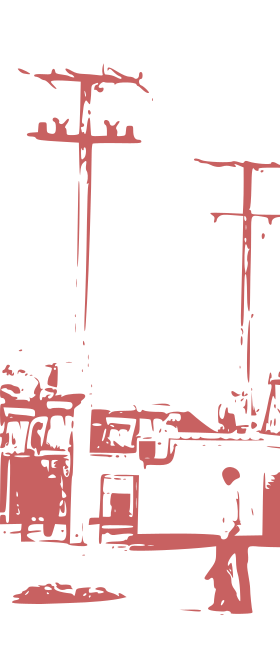
In recent decades, refugee camps have emerged as a significant focus in academic, policy, and public discourse. These discussions often encompass conflicting themes, including humanitarian aid and protection, control and discipline, social and spatial exclusion, as well as perceptions of danger and threat. Yet, what if we approached refugee camps from a different angle? What if we delved into the intricate socioeconomic relations within the camps, spanning from local and everyday interactions to national and transnational flows of resources and labor?
The camPEconomies project aims to explore this critical aspect, often overlooked in existing literature, despite the robust and interdisciplinary dialogue surrounding the campization of refugee accommodation in Europe following the mass arrival of refugees in 2015. The project aims to conduct in-depth research, analyzing economic and social relationships across multiple scales. This includes examining the funding of camps by institutional actors, understanding the socioeconomic ties between camps and their surrounding areas, and investigating the grassroots economic practices of the refugees themselves.